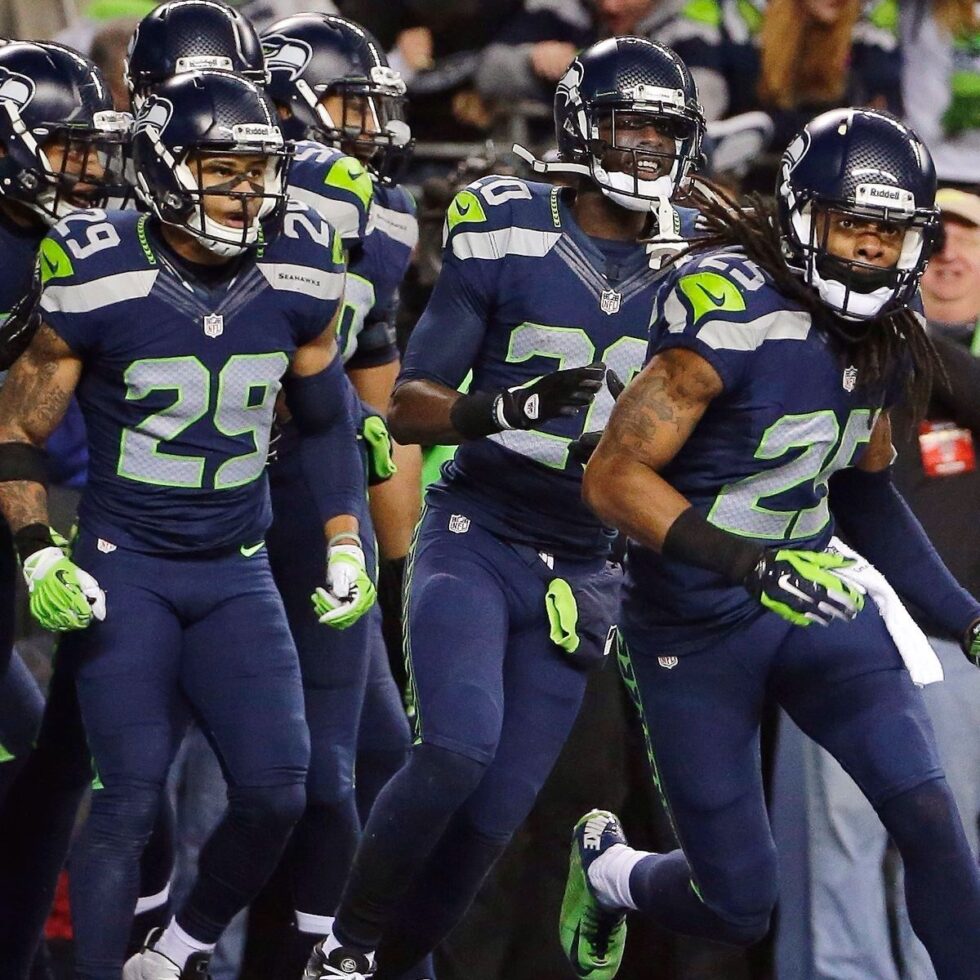
The Seahawks’ Super Bowl Victory 2014
I’m not going to pretend to know much about football. However, I feel pretty confident that Sunday night’s Super Bowl upset of the Denver Broncos by the Seattle Seahawks was not something most fans or the Broncos saw coming.
The Seahawks arrived on the field with an unbelievable amount of energy. Apparently, someone forgot to explain to them that they were not supposed to win. The initial plays made by the Seahawks, seemed to catch the Broncos off guard and left the Denver team looking a bit stunned. The Seattle team obviously entered that arena determined to play full-out.
As I watched the game, I couldn’t help but feel that this was a present day re-enactment of the story of David and Goliath. I think that it is no coincidence that I am currently reading Malcolm Gladwell’s book David and Goliath (Underdogs, Misfits and the Art of Battling Giants). If you haven’t picked up that book yet, I highly recommend it. In his book, using several examples, Gladwell challenges how we interpret disadvantages and setbacks. Is it possible that obstacles are actually the catalysts to greatness? That idea certainly seems to have played out in this year’s Super Bowl game.
We Get What We Believe We Deserve
I firmly believe that it is our thoughts that control our experience of life. When working with clients, I find that it is very common for people to sell themselves short when they are faced with what seems like insurmountable odds or an opponent who appears to be superior. As a coach, I help my clients discover how their thoughts are standing in the way of their success. Often, my clients realize that what they or others may have perceived as their weaknesses or flaws, are actually their strengths.
Sometimes, being a “giant” is a disadvantage. Thank you, Seattle Seahawks for the reminder and the inspiration!


